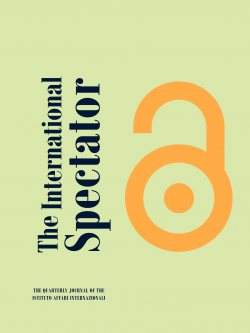Assessing the EU’s Evolving Position in Energy Geopolitics under Decarbonisation

As a major importer of fossil fuels, the EU will likely see its position in the geopolitics of energy change following its commitment to carbon neutrality by 2050. This article analyses the implications of the energy transition for the EU’s role in energy geopolitics, looking at declining and emerging energy dependences by investigating the EU’s exposure to the material foundations of interdependence (sensitivity) and its ability to manage them (vulnerability). The EU is generally in a more advantageous geopolitical position in a clean energy order than in the current fossil fuel-based energy system. This is mostly a result of the geological distribution and specific material features of clean energy materials and the EU’s ability to manage such interdependence, as decarbonisation involves a set of policy areas where the EU shows important external strengths. Weaknesses may persist, however, as growing contestation could render sectoral state-like industrial policies more central to geo-economic competition.
Keywords: European Union; interdependence; geopolitics; energy transition; climate change; climate policy
-
Details
The International Spectator, Vol. 58, No. 3, September 2023, p. 152-170 -
Issue
58/3 -
ISBN/ISSN/DOI:
10.1080/03932729.2023.2199648


